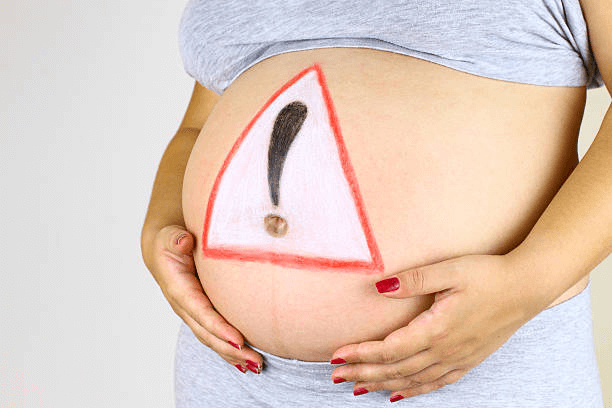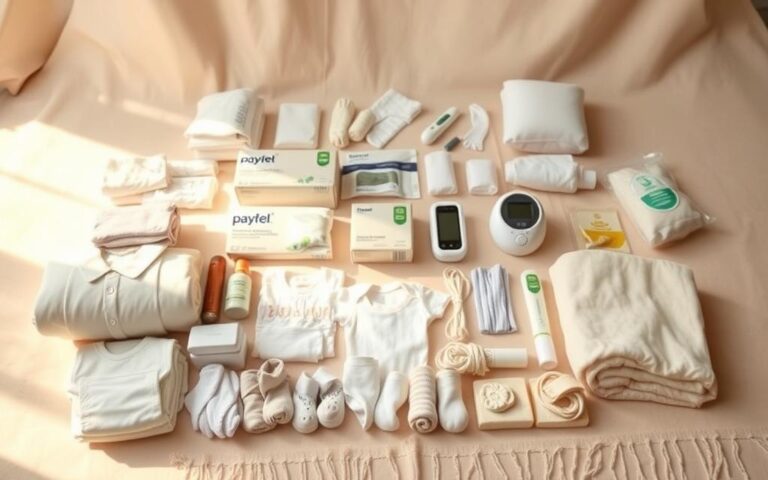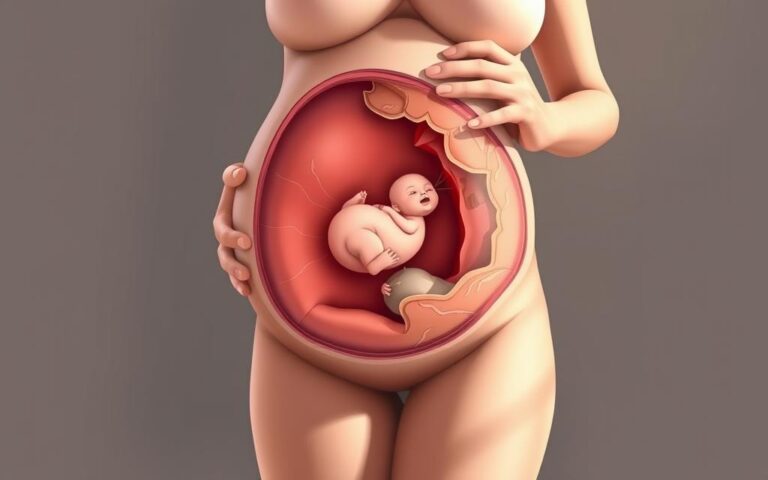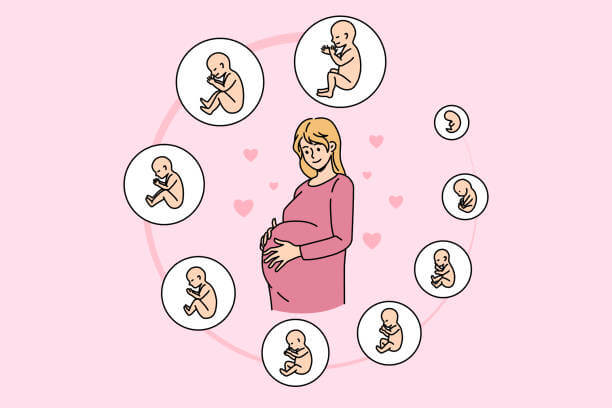Critical Pregnancy Symptoms: When to Seek Immediate Medical Attention

Pregnancy is a time of great change, and while many symptoms are normal, certain signs warrant immediate medical attention. It’s essential to stay informed and vigilant, especially if you are of Black or Asian ethnicity, as research indicates a higher risk of pregnancy complications. Ensure you have your midwife, doctor, or maternity unit’s contact details readily available.
Key Pregnancy Complications and Their Symptoms
- Ectopic Pregnancy
- Occurs when a fertilized egg implants outside the uterus.
- Symptoms include sharp abdominal pain, vaginal bleeding, and dizziness.
2. Miscarriage
- May involve cramping and bleeding before 24 weeks.
- Contact your healthcare provider if you experience any bleeding.
3. Pre-eclampsia
- Affects 1 in 20 pregnancies, typically after 20 weeks.
- Symptoms: severe headache, vision changes, swelling, and upper abdominal pain.
4. Premature Labour
- Regular contractions before 37 weeks may signal early labor.
- Other signs: lower abdominal pain, backache, and a change in vaginal discharge.
5. Fibroids
- Benign tumors that can cause abdominal pain and bleeding.
6. Placental Abruption
- When the placenta detaches from the uterus, leading to bleeding and pain.
- It can be life-threatening and requires immediate medical attention.
7. Gestational Diabetes
- Often asymptomatic, but may cause excessive thirst and urination.
- Can increase the risk of complications for both mother and baby.
Also read: Understanding Rectal Bleeding During Pregnancy
Symptoms You Should Never Ignore
- Severe Abdominal Pain: Could indicate serious conditions like pre-eclampsia or placental abruption.
- Fever: A temperature over 37.5°C without cold symptoms requires medical evaluation.
- Blurred Vision or Flashing Lights: Possible signs of pre-eclampsia.
- Swollen Hands, Feet, or Face: Could be normal, but if sudden or severe, seek help.
- Persistent Headache: Combined with vision changes, this can indicate pre-eclampsia.
- Leg Pain or Swelling: Might be a sign of deep vein thrombosis (DVT).
- Vaginal Bleeding: Always consult a healthcare provider, as it may signal miscarriage, placental issues, or preterm labor.
- Fluid Leakage: Could mean your waters have broken, especially if before 37 weeks.
- Extreme Thirst or Frequent Urination: Could indicate gestational diabetes.
- Burning Sensation When Urinating: A potential urinary tract infection (UTI).
- Constant Vomiting: Could lead to dehydration or be a sign of more serious conditions like hyperemesis gravidarum.
- Dizziness or Fainting: Could be due to low blood pressure or insufficient nutrition.
- Changes in Baby’s Movements: Reduced or altered movements can indicate distress.
What to Do if You Notice These Symptoms
Always trust your instincts. If something feels off, contact your healthcare provider immediately. Don’t hesitate to seek help—it’s better to be safe and get reassurance or necessary treatment.
Remember, your health and your baby’s well-being are paramount. Regular check-ups and open communication with your healthcare team can help you navigate pregnancy safely.
For more information and a daily guide to your pregnancy, download the My Pregnancy & Baby Today app. Stay informed and empowered throughout your pregnancy journey.
Also read: Chronic Hypertension In Pregnancy






